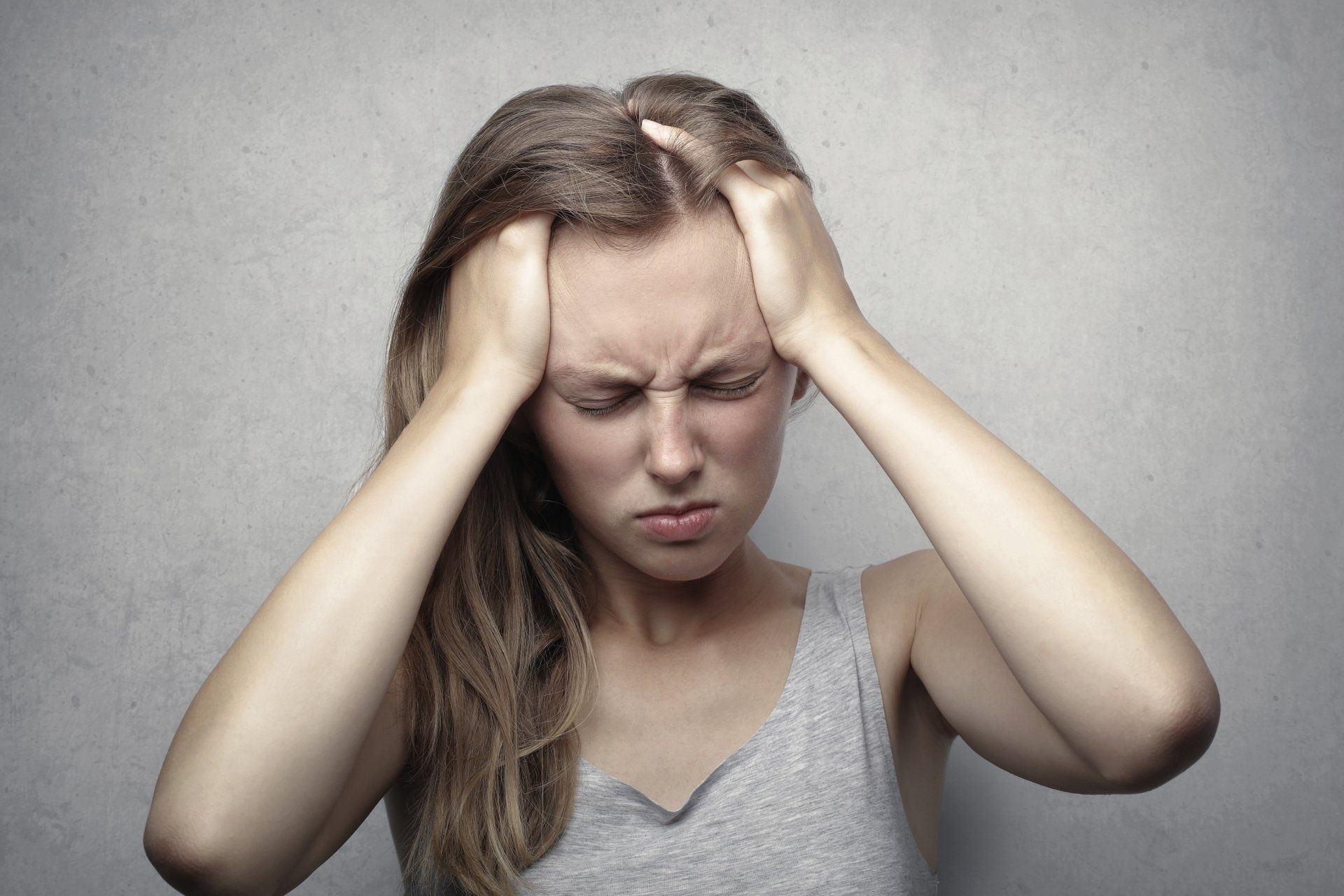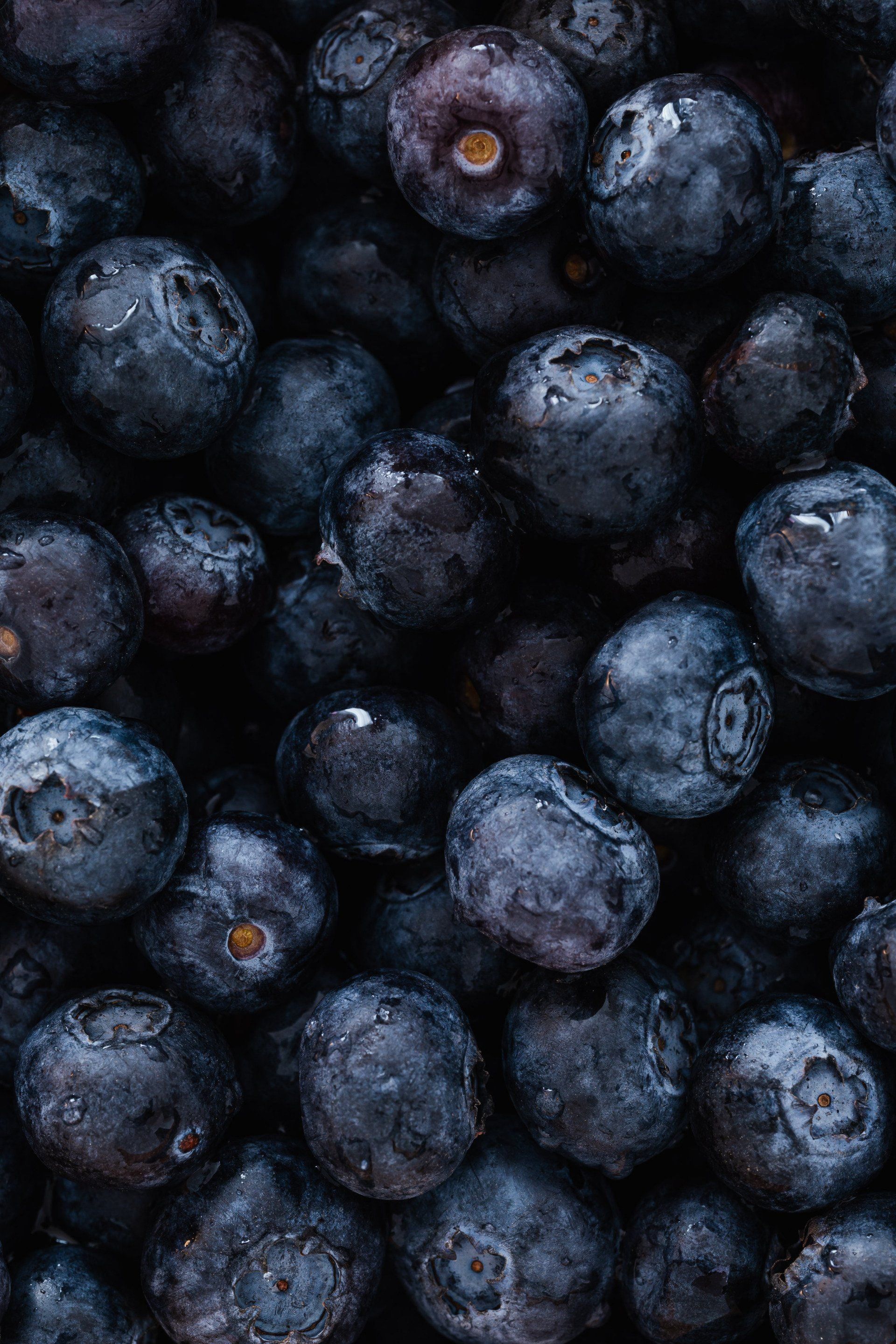Jeanne Latiolais, PsyD
Licensed Clinical Psychologist
BLOG

By Jeanne Latiolais, Psy.D.
•
05 Oct, 2021
October is Depression Awareness Month. As such, I hope to highlight the lesser known issue of seasonal depression so that you can protect yourself and your loved ones. Although Seasonal Affective Disorder, or SAD, affects 6-13% of the US population , many people still have not heard of it. Yet many report depression, or a worsening of existing depression, as the days get shorter and there is less intensity to sunlight. By January, it is common for me and my colleagues to have practices full of individuals with this sub-type of depression. Like depression, SAD encompasses low mood, feelings of guilt, low energy, difficulty concentrating, and loss of pleasure in activities. But unlike depression, SAD symptoms begin in fall and remit in spring. Sufferers report decreased energy and oversleeping. Weight gain often occurs, thanks to an increase in cravings, particularly for carbohydrates . It's as if our brains are in hibernation mode! A common misconception about SAD is that some people just don't like the winter. SAD is not about preferences for sunny days and beach vacations. There seems to be neurochemical drivers behind seasonal depression, and many psychiatrists treat it with the same antidepressant drugs used for depression. The reason for these neurochemical changes is unclear. We know that low levels of sunlight can increase melatonin production and cause changes in circadian rhythms, likely accounting for increased sleep, and decreased energy. For this reason, treatment for SAD has focused on medication, CBT (Cognitive Behavioral Therapy), and light therapy. Light therapy utilizes exposure to very bright artificial light (10,000 lux) for 20-60 min a day, preferably in the morning. Interestingly, SAD has been linked to low vitamin D levels, notes this study from UGA . In addition to being detrimental to physical health, low vitamin D levels can affect mental health, since vitamin D (the "sunshine vitamin") is involved in the synthesis of dopamine and serotonin, two neurotransmitters linked to depression . Thus, vitamin D may be an effective treatment. This study concluded that "early detection and vitamin D supplementation can be a simple, convenient, and cost-effective treatment strategy for improving symptoms and mental health outcomes associated with major depression." If you suffer from seasonal depression, its a good idea to get your vitamin D levels checked . Labs can be safely and inexpensively ordered without a doctor's visit through various online platforms, such as Ulta Labs , Walk-in-Labs , or others. Ask your doctor before beginning any supplementation, and be aware that vitamin D dosing is highly individualized. Your ideal dose can only be determined by rechecking labs periodically to determine if your dose brought your levels in range. By the way, if you want more on why this issue is near to my heart personally, click here .
Jeanne Latiolais, PsyD
Licensed Clinical Psychologist
Corporate Square
351-B Dahlonega Street
Cumming GA 30040
Licensed Clinical Psychologist
Corporate Square
351-B Dahlonega Street
Cumming GA 30040
CALL NOW
DISCLAIMER: All information provided on this website by Dr. Jeanne Latiolais is made available to provide immediate access for the convenience of interested persons. While Dr. Latiolais believes the information to be reliable, human or mechanical error remains a possibility, as does delay in the posting or updating of information. Therefore, Dr. Jeanne Latiolais makes no guarantee as to the accuracy, completeness, timeliness, currency, or for any errors or omissions, or for the use or results obtained from the use of this information.




